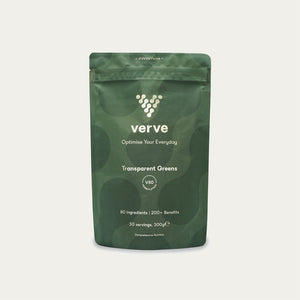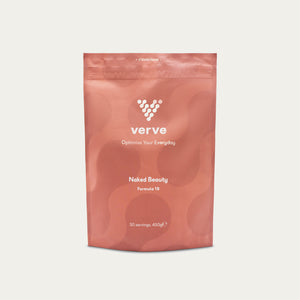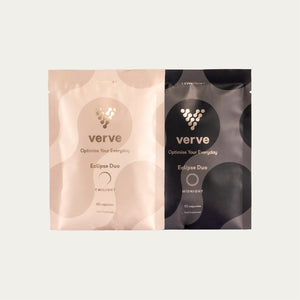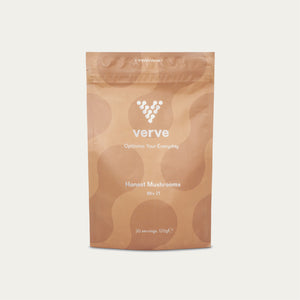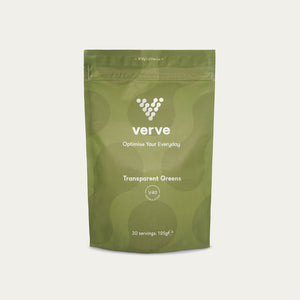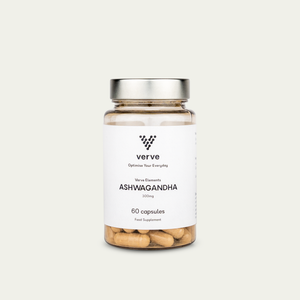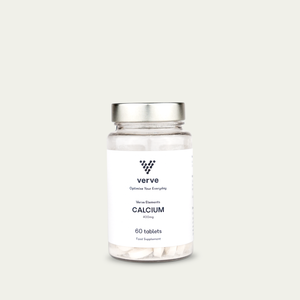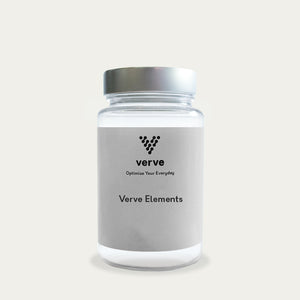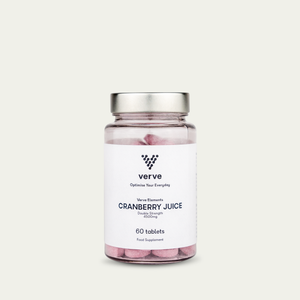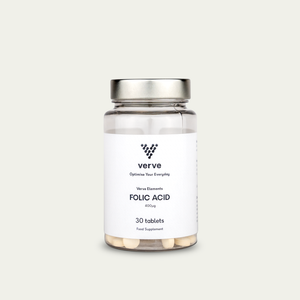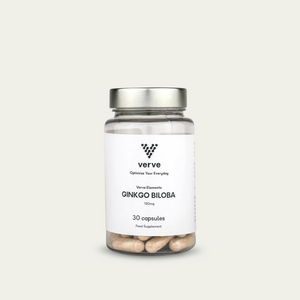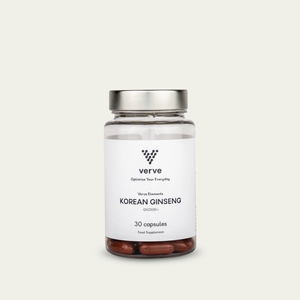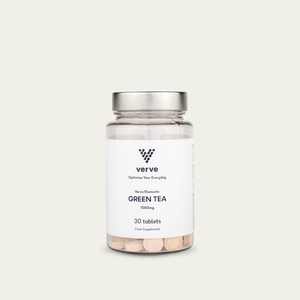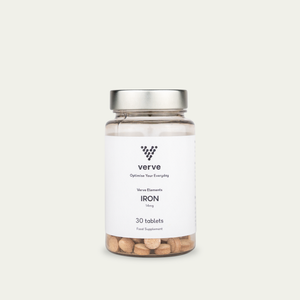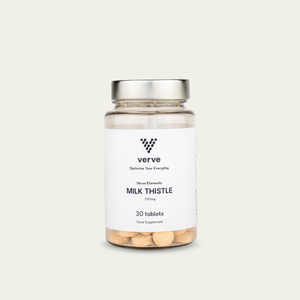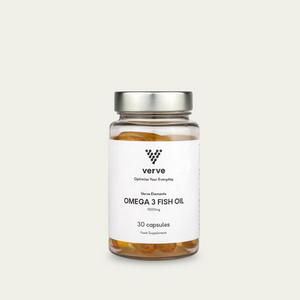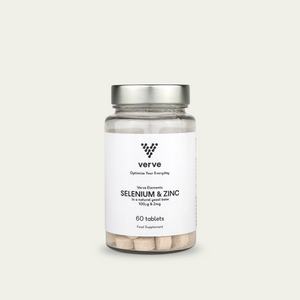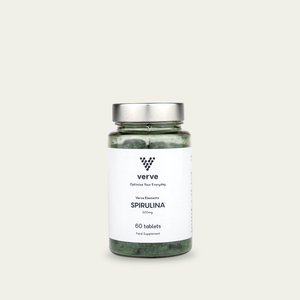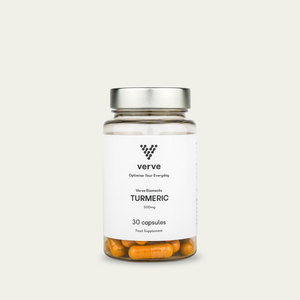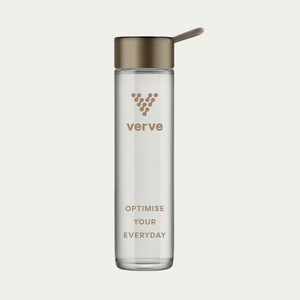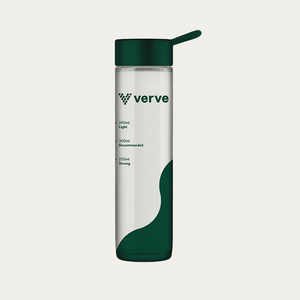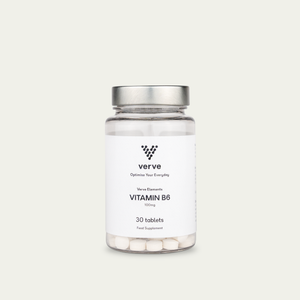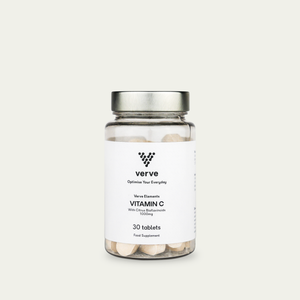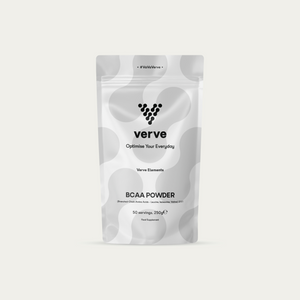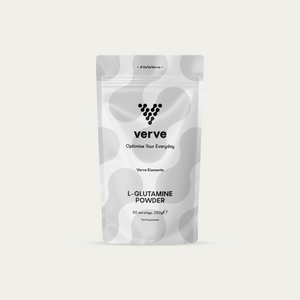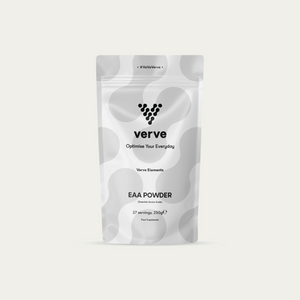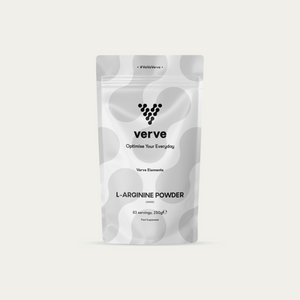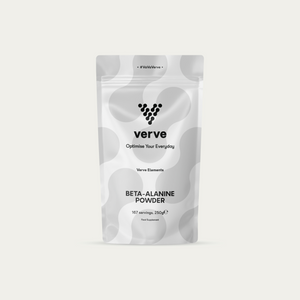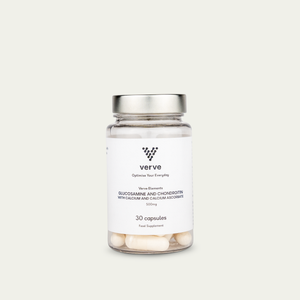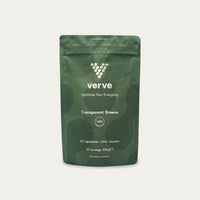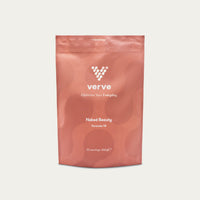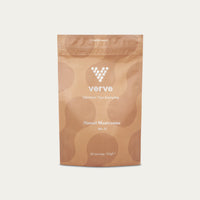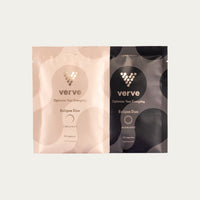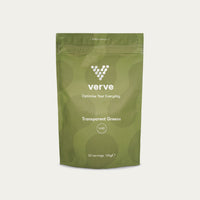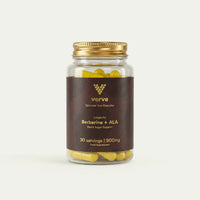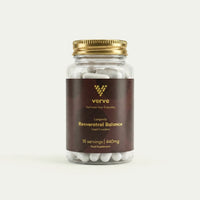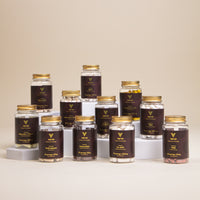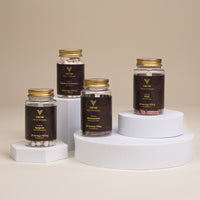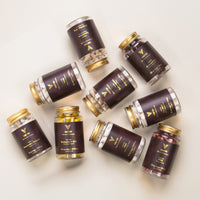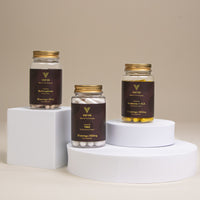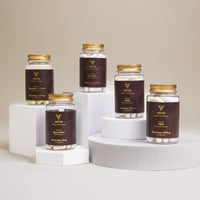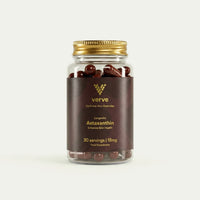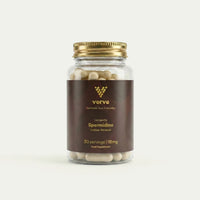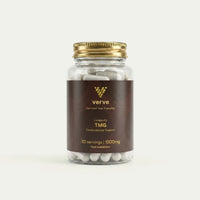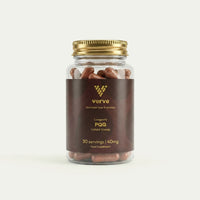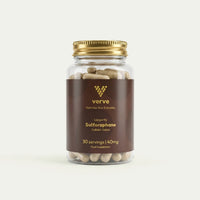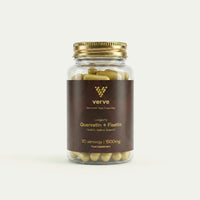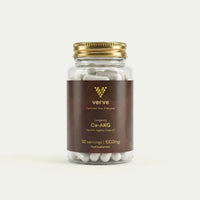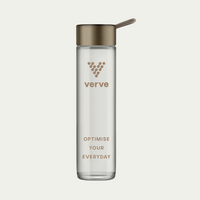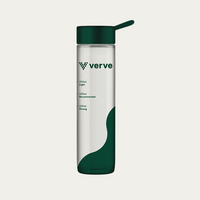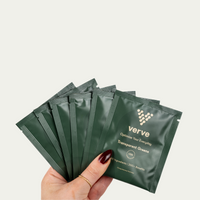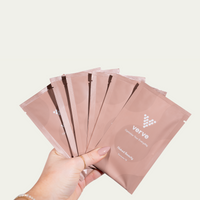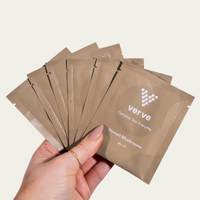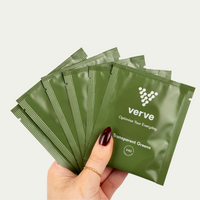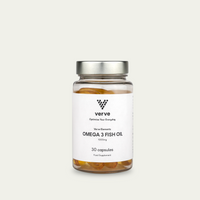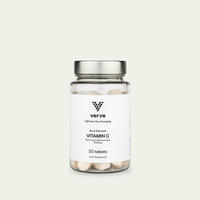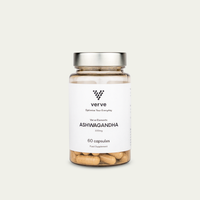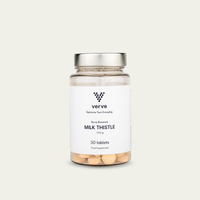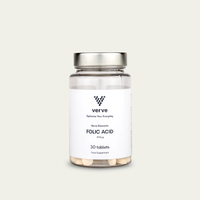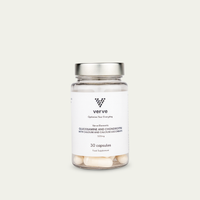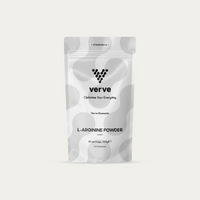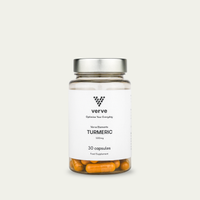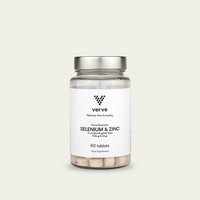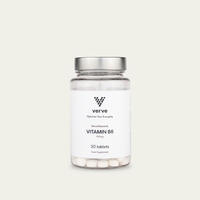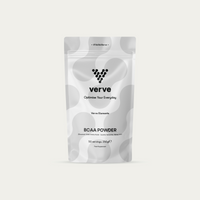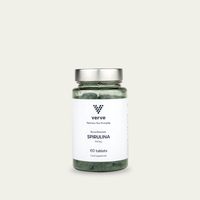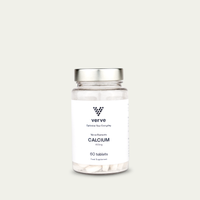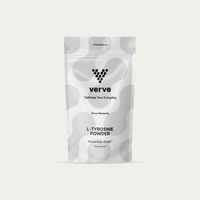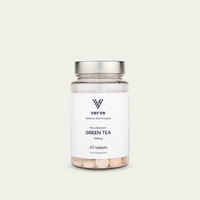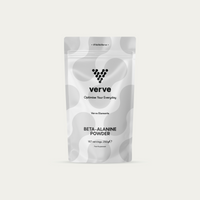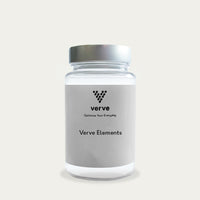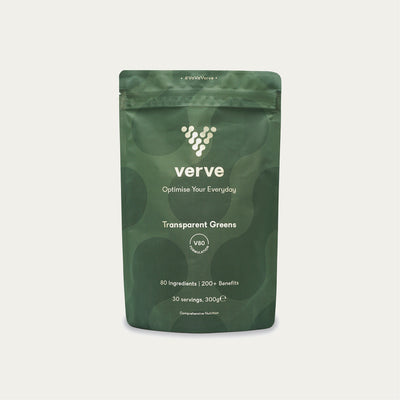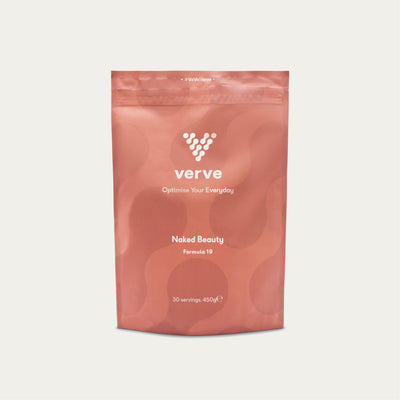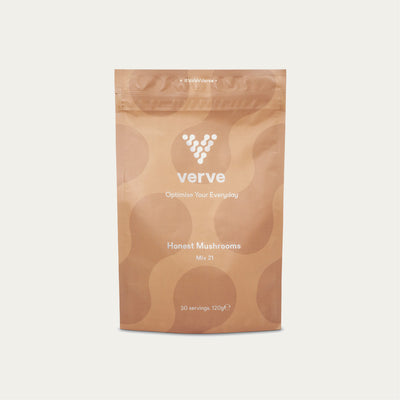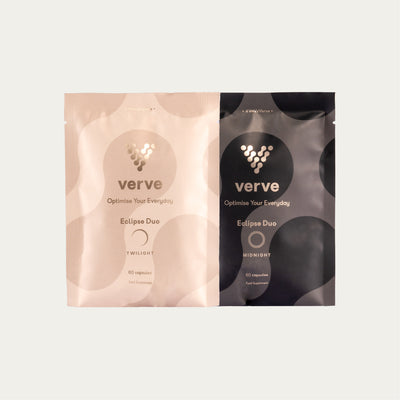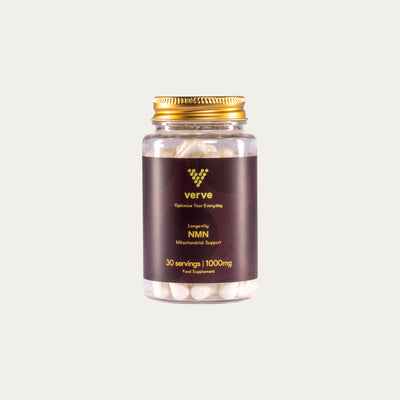Benefits of Barley Grass and Wheatgrass
Before we dive into whether Barley grass and Wheatgrass are gluten-free let’s take a look at their health benefits, and why they are considered superfoods.
Barley grass and wheatgrass are packed with nutrients and offer several health benefits:
- Rich in Vitamins and Minerals: Both grasses are abundant in vitamins A, C, and K, as well as minerals like iron, calcium, and magnesium.
- Antioxidant Properties: They contain antioxidants that help combat oxidative stress, supporting overall health.
- Detoxification: These grasses are known for their detoxifying properties, aiding the body's natural elimination processes.
- Digestive Health: High in enzymes and fiber, they support healthy digestion and gut health.
But of course, if they contain gluten, these health benefits don’t matter if you’re gluten-sensitive.
The good news is, you CAN find naturally gluten-free barley grass and Wheatgrass. Let’s take a look at how that’s possible.
Is Barley Grass Gluten-Free?
Barley, in its mature form, contains gluten. However, the young leaves of the barley plant, known as barley grass, are a different story.
When is Barley Grass Gluten-Free?
Barley grass can be gluten-free, but there's an important caveat. The grass must be harvested before the plant begins to sprout and produce seeds. Once barley starts to germinate and produce seeds, gluten proteins develop within the plant.
To be specific, barley grass that is harvested at the young, green stage (before jointing) does not contain gluten. At this point, the plant's energy is directed toward growing leaves, not producing the gluten protein. Therefore, if you're looking for a gluten-free version, ensure the product specifies:
- That it’s gluten-free
- Is produced to FDA and GMP standards.
This is how a product can be gluten-free while still containing barley grass.
Is Wheatgrass Gluten-Free?
Wheatgrass, like barley grass, comes from the young shoots of the wheat plant. Mature wheat contains gluten, but wheatgrass harvested early in its growth cycle can be free from gluten.
When is Wheatgrass Gluten-Free?
Wheatgrass is considered gluten-free when it is harvested before the wheat plant develops seeds.
Similar to barley grass, this means the young shoots must be picked before the plant transitions to its reproductive stage. When harvested early, wheatgrass is focused on leaf production and does not produce the gluten proteins found in mature wheat.
Importance of Proper Harvesting and Processing
The key to ensuring that barley grass and wheatgrass are gluten-free lies in meticulous harvesting and processing practices. This means:
- Early Harvesting: Ensuring the grasses are picked before the seed production phase.
- Testing: Checking the final product for gluten contamination.
- Processing Environment: Using facilities that prevent cross-contamination with gluten-containing grains.
Regulatory Standards
When it comes to purchasing products containing barley grass or wheatgrass, it's wise to look for ones that comply with FDA standards for gluten-free labeling. In the United States, a product labeled as gluten-free must contain less than 20 parts per million (ppm) of gluten, which is a safe threshold for people suffering with celiac disease.
Choosing Gluten-Free Products Wisely
When shopping for barley grass or wheatgrass products, it's crucial to check for credible gluten-free certifications. Here are some tips:
- Look for trustworthy products: They will be regulated by FDA standards and will be 100% transparent in their ingredients and dosing.
- Read Labels: Thoroughly read product labels and ingredient lists to ensure there are no hidden sources of gluten.
Gluten-free labeling: If you’re only purchasing trustworthy brands and they include “gluten-free” labeling, you will be on the safe side.
